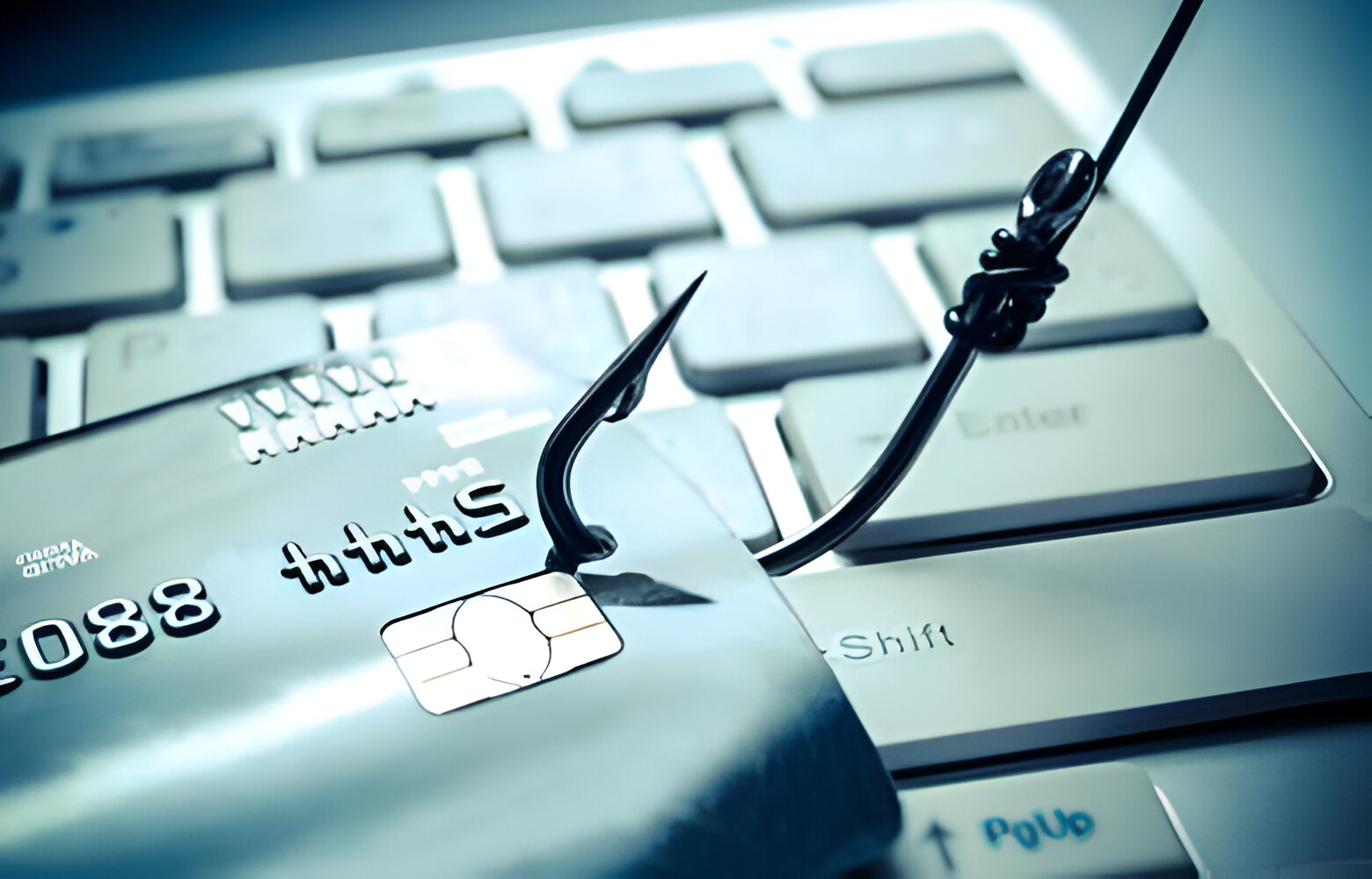Common Misconceptions About Ethical Hacking and the CEH Certification
In the realm of cybersecurity, ethical hacking, also known as penetration testing or white-hat hacking, plays a vital role in safeguarding digital systems and sensitive information. Despite its noble intentions, ethical hacking is often shrouded in misconceptions and misunderstandings. In this article, we delve into some of the most prevalent misconceptions about ethical hacking, debunking myths and shedding light on the true nature and significance of this critical cybersecurity practice.
Ethical Hacking is Illegal
Perhaps the most widespread misconception is the belief that ethical hacking is illegal. In reality, ethical hackers operate with explicit permission from organizations or individuals to assess the security of their systems. These assessments are conducted within the boundaries of the law, with a well-defined scope and adherence to ethical guidelines.
Ethical Hackers are Cybercriminals.
Another common misconception is equating ethical hackers with malicious cybercriminals. Ethical hackers use their skills to identify vulnerabilities and weaknesses in systems and networks, helping organizations improve their security posture. They are driven by a commitment to protecting digital assets and ensuring the confidentiality, integrity, and availability of information.
Ethical Hacking is Unnecessary
Some may argue that investing in ethical hacking is unnecessary, believing that standard security measures are sufficient to protect against cyber threats. However, cyber threats are constantly evolving, and proactive measures like ethical hacking are essential to stay ahead of cybercriminals who continuously seek to exploit new vulnerabilities.
Ethical Hacking Provides Absolute Security
While ethical hacking helps identify and mitigate vulnerabilities, it does not guarantee absolute security. Security is an ongoing process that requires constant vigilance, updates, and proactive measures. Ethical hacking is a crucial component of a comprehensive cybersecurity strategy, but it should be complemented by other security measures.
Only IT Professionals Can Be Ethical Hackers
It is commonly believed that only IT professionals with extensive technical expertise can become ethical hackers. While technical knowledge is undoubtedly beneficial, ethical hacking is an inclusive field that welcomes professionals from diverse backgrounds. Effective ethical hackers possess problem-solving skills, critical thinking, and a strong ethical foundation.
Ethical Hacking is a One-Time Activity
Ethical hacking is not a one-time activity; it is an ongoing process. Cyber threats are constantly evolving, and systems must be regularly tested and assessed to address new vulnerabilities. Ethical hacking engagements should be scheduled regularly to ensure continuous evaluation and improvement of security measures.
Ethical Hackers Only Focus on Web Applications
While web application security is a critical aspect of ethical hacking, ethical hackers are not limited to testing web applications only. They assess various systems, networks, software, and hardware to identify potential vulnerabilities across the entire technological landscape.
Ethical Hacking is Expensive
Some organizations might perceive ethical hacking as an expensive investment. However, the cost of not securing systems adequately can far outweigh the expenses of ethical hacking. Preventing data breaches and cyber incidents through ethical hacking can save organization’s substantial financial losses and reputational damage.
Ethical Hacking is a Quick Fix
Ethical hacking is not a quick fix for cybersecurity issues. It is a systematic process that requires planning, analysis, and continuous improvement. Ethical hacking assessments provide valuable insights, but organizations must follow through with remediation efforts and implement long-term security measures.
Ethical Hacking is a Substitute for Regular Security Practices
Ethical hacking is a complementary practice and not a substitute for regular security measures. Firewalls, antivirus software, regular updates, and security training remain fundamental components of a comprehensive cybersecurity strategy.
Common Misconceptions of CEH Certification
The Certified Ethical Hacker (CEH) certification is a professional certification provided by the International Council of E-Commerce Consultants (EC-Council). It is designed to validate individuals’ skills in understanding and identifying vulnerabilities and weaknesses in computer systems and networks, using the same knowledge and tools as malicious hackers but in a lawful and legitimate manner. CEH certification holders are trained to think and act like hackers to anticipate and counter potential cyber threats, thereby enhancing the security posture of organizations.
Belief that CEH Makes You an Expert Hacker
Some people believe that obtaining the CEH certification automatically makes them expert hackers. While CEH covers a broad range of topics related to ethical hacking and cybersecurity, it’s just a starting point. Real expertise comes from years of practical experience, continuous learning, and staying updated with the latest trends and techniques in cybersecurity.
Assumption that CEH Equals Mastery of Tools
Another misconception is that passing the CEH exam means you’ve mastered all the tools mentioned in the curriculum. While CEH does introduce you to various tools used in ethical hacking, it’s essential to understand that tools are just one aspect of hacking. Understanding the underlying concepts, methodologies, and principles is equally important.
Expectation of Instant Job Offers
Some individuals believe that obtaining the CEH certification guarantees them instant job offers or promotions. While CEH is a respected certification in the cybersecurity industry and can enhance your job prospects, it’s not a guarantee of employment. Employers also value practical experience, soft skills, and other relevant certifications alongside CEH.
Assumption that CEH Makes You Completely “Ethical.”
While the CEH certification focuses on ethical hacking and emphasizes the importance of legal and ethical considerations, some may misconstrue it as a license to engage in any form of hacking as long as it’s labeled as “ethical.” It’s crucial to understand the boundaries of ethical hacking and always adhere to legal and ethical guidelines.
Belief that CEH Covers Everything in Cybersecurity
CEH provides a solid foundation in ethical hacking, but it doesn’t cover every aspect of cybersecurity comprehensively. Cybersecurity is a vast field with various specializations such as penetration testing, incident response, digital forensics, and more. CEH serves as an entry point into the field and can be complemented with additional certifications and hands-on experience.
Misconception about Exam Difficulty
Some individuals underestimate the difficulty of the CEH exam, assuming it’s easy to pass with minimal preparation. While the difficulty level may vary depending on individual skills and experience, the CEH exam covers a wide range of topics, and thorough preparation is essential to succeed.
Expectation of Instant Salary Increase
While obtaining the CEH certification may lead to salary increases or better job opportunities, it’s not an immediate guarantee. Salary increments depend on various factors such as job role, location, industry demand, and individual negotiation skills. CEH can certainly enhance your earning potential, but it’s not a guarantee of a substantial salary increase overnight.
In conclusion, debunking misconceptions surrounding ethical hacking and the CEH certification is crucial for fostering a better understanding of their significance in cybersecurity. Ethical hacking, far from being illegal or unnecessary, is a vital proactive measure in defending against evolving cyber threats. Similarly, the CEH certification serves as a foundational step towards expertise in ethical hacking, but it’s essential to recognize that true mastery requires continuous learning and practical experience. By dispelling these myths, we can promote a more accurate perception of ethical hacking and its role in safeguarding digital systems and networks.
Conclusion
In conclusion, dispelling misconceptions surrounding ethical hacking and the CEH certification is paramount for fostering a more accurate understanding of their roles in cybersecurity. Ethical hacking, contrary to popular belief, is not illegal but rather a proactive and lawful approach to identifying and mitigating vulnerabilities in digital systems. It is an essential component of comprehensive cybersecurity strategies, working hand in hand with other security measures to protect against evolving cyber threats. Similarly, while the CEH certification is a valuable credential in the cybersecurity industry, it is not a shortcut to expertise or instant success. Instead, it serves as a foundational step towards mastering ethical hacking, emphasizing the importance of continuous learning, practical experience, and adherence to ethical guidelines.
By addressing these misconceptions, we can promote a more informed and nuanced perspective on ethical hacking and the CEH certification, ultimately contributing to stronger cybersecurity practices and a safer digital environment for organizations and individuals alike.
Discover more from Amigo Cyber
Subscribe to get the latest posts sent to your email.











